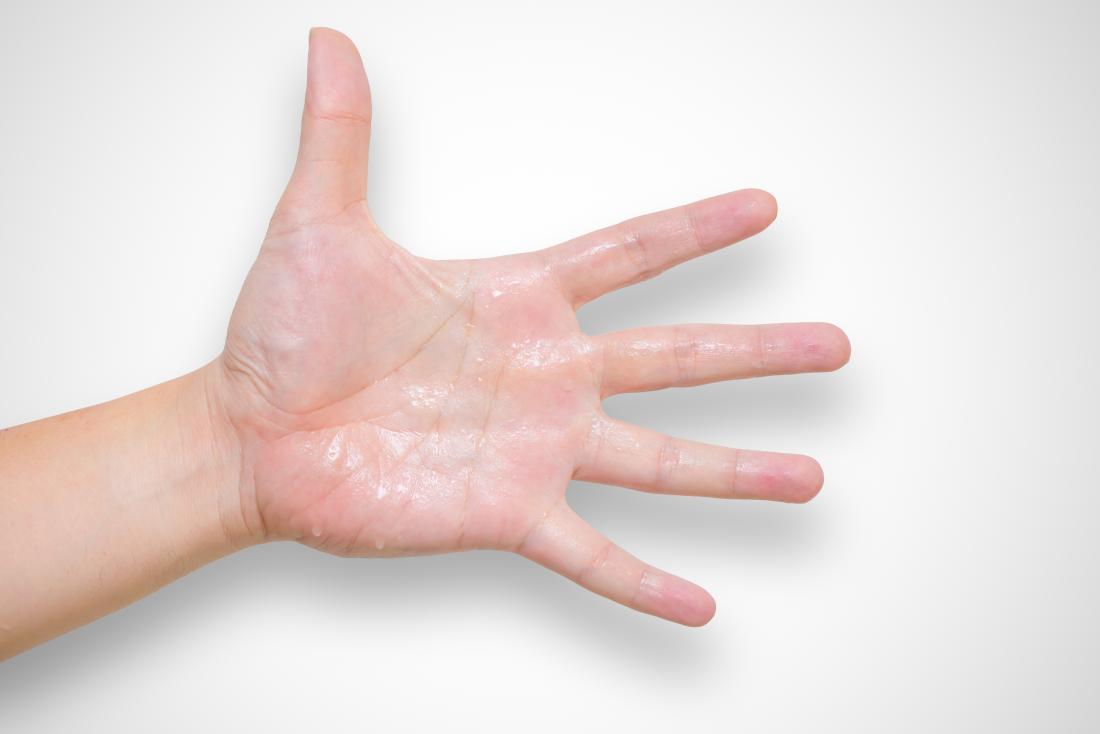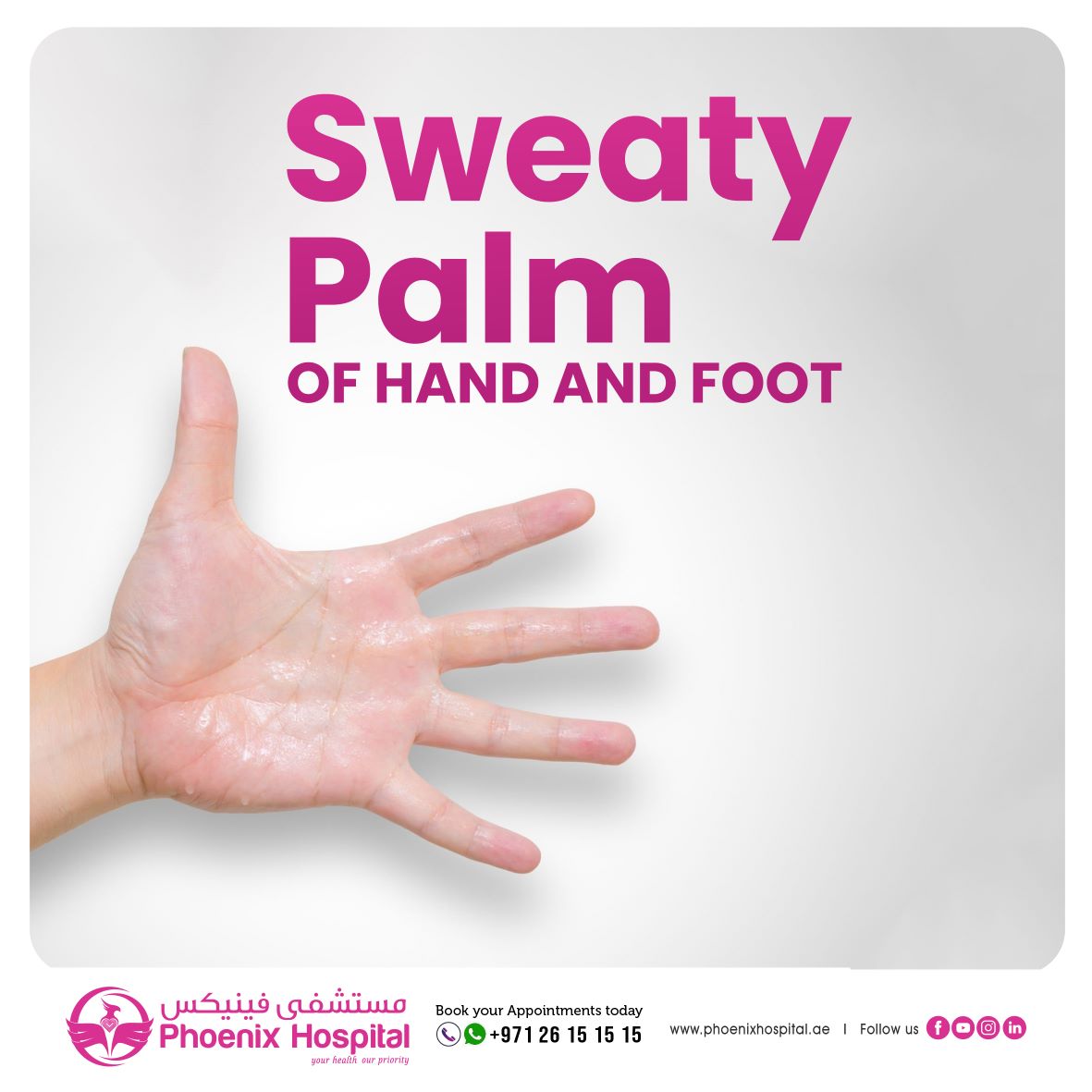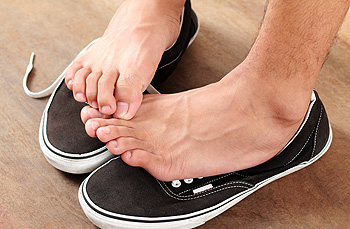How to Stop Sweaty Hands and Feet: Top Dermatology Treatments for Excessive Sweating
How to Stop Sweaty Hands and Feet: Top Dermatology Treatments for Excessive Sweating
Blog Article
Comprehending the Origin Reasons of Excessive Sweating and Its Effect On Every Day Life
While it is generally recognized as a physiological response to regulate body temperature level, the triggers for extreme sweating can differ commonly amongst people, including not only physical aspects yet likewise emotional and psychological components. By diving right into the origin creates of hyperhidrosis and exploring its multifaceted results, a much deeper understanding of this pervasive concern can be acquired, shedding light on the intricacies that individuals grappling with too much sweating navigate on a day-to-day basis.
Physiology of Sweat Glands
The law of sweat production, a vital physiological process, is mostly controlled by the activity of sweat glands dispersed throughout the human body. Sweat glands are categorized into 2 major types: eccrine and apocrine glands.
When the body temperature increases, either as a result of exercise, high temperatures, or psychological stress, the nerves activates the sweat glands to produce sweat. This sweat is composed mostly of water and electrolytes like salt and chloride. The process of sweat production is vital for keeping the body's inner temperature within a narrow, optimal range, highlighting the vital role gland play in human physiology.
Triggers for Excessive Sweating
In recognizing the origin causes of too much sweating, it is vital to recognize the triggers that can lead to this physiological response. Physical physical effort, high temperatures, and spicy foods are additionally understood to trigger too much sweating in individuals vulnerable to this condition.
In addition, medicines such as some antidepressants, opioids, and certain supplements can additionally serve as triggers for hyperhidrosis. Recognizing these triggers is necessary in managing extreme sweating effectively - Treatment for hyperhydrosis of hands and feet. By determining and addressing the certain triggers that motivate extreme sweating in a specific, doctor can create customized therapy plans to minimize this problem and improve the person's quality of life
Medical Issue Associated
Connected with excessive sweating are different clinical problems that can exacerbate this physiological feedback. One common condition is hyperhidrosis, a condition identified by abnormally boosted sweating that goes beyond the body's thermoregulatory needs. This can manifest in focal areas like the hands, soles, underarms, or face, influencing a person's quality of life due to social humiliation and pain.
Furthermore, endocrine problems such as hyperthyroidism, diabetic issues, and menopausal hot flashes can additionally lead to too much sweating. Hyperthyroidism triggers an overproduction of thyroid hormonal agents, speeding up metabolism and triggering sweating.
In addition, infections like endocarditis, consumption, and hiv have been connected with night sweats, an usual sign known to interfere with sleep and influence general wellness. These clinical conditions highlight the diverse variety of underlying aspects that can contribute to excessive sweating, demanding extensive evaluation and management by healthcare experts.
Psychological and Psychological Elements

Effect On Social Communications
Too much sweating can have extensive effects on a person's ability to involve conveniently in social Treatment for hyperhydrosis of hands and feet communications. The noticeable signs of sweat spots or damp spots on clothing can bring about embarrassment and self-consciousness, creating individuals to withdraw from social scenarios. This withdrawal can influence connections, restriction social tasks, and hinder professional and individual growth.

Furthermore, the anxiousness and self-worth concerns stemming from excessive sweating can impact interaction and interpersonal skills. Individuals might struggle to concentrate on discussions, join team tasks, or reveal themselves confidently. This can lead to feelings of seclusion and loneliness, as social links become challenging to preserve.
Final Thought

While it is frequently recognized as a physical reaction to regulate body temperature, the triggers for too much sweating can differ extensively amongst people, incorporating not only physical elements but additionally emotional and mental aspects. By diving into the origin triggers of hyperhidrosis and exploring its complex results, a much deeper understanding of this pervasive issue can be gotten, dropping light on the complexities that people grappling with excessive sweating browse on an everyday basis.
Physical exertion, high temperature levels, and spicy foods are also recognized to set off too much sweating in people susceptible to this condition. By determining and addressing the specific triggers that trigger excessive sweating in a private, medical care carriers can develop personalized treatment strategies to relieve this condition and improve the individual's top quality of life.
Too much sweating can have profound results on an individual's ability to engage conveniently in social communications.
Report this page